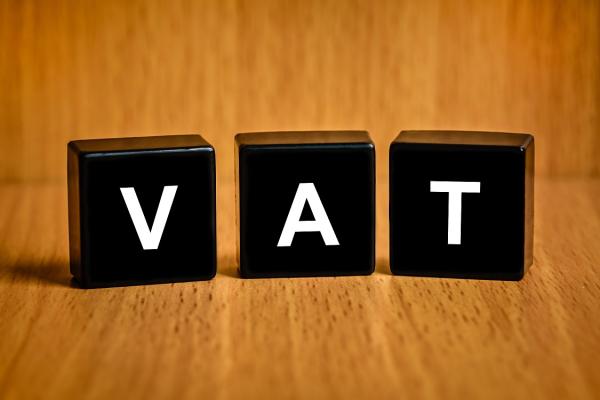
Press release: VAT certainty welcomed with Making Tax Digital nigh
The Association of Taxation Technicians (ATT) welcomes the announcement that the VAT threshold will be frozen for the next two years but cautions that any future changes should avoid introducing further complexity.
In his Autumn Budget 2017, the Chancellor announced that the level of turnover above which a business is required to register for and charge VAT (the VAT threshold) will be frozen at £85,000 until April 2020.
A recent report by the Office of Tax Simplification (OTS) set out concerns that the current level of the VAT threshold and its cliff edge nature distort taxpayer behaviour.1 In particular, small businesses may choose to keep their turnover below the threshold, either by legitimately limiting their expansion or illegally under-recording their takings.
Today, the Chancellor announced that, rather than reducing the VAT threshold to tackle this distortion, the threshold will be frozen for two years and the Government will consult further on its design.
Yvette Nunn, Co-chair of ATT’s Technical Steering Group, said:
“The ATT welcomes the Government’s decision not to lower the VAT threshold at this time.
“Any significant reduction in the threshold would have resulted in unwelcome costs and burdens for small businesses – as well as increasing the tax burden on households in the form of additional VAT.2
“From 1 April 2019 all businesses with turnover above the VAT threshold will have to keep digital records under the Making Tax Digital (MTD) reforms.3 Freezing the VAT threshold beyond this point means that businesses and their advisers now know for certain the level at which businesses will first become subject to MTD obligations.
“We welcome the Government’s commitment to consult further on ways in which the VAT threshold could be reformed. However, as many smaller VAT registered businesses complete their VAT returns themselves, any future changes should be kept as simple as possible and avoid introducing excessive complication into the system.”
Notes for editors
1. The OTS report to Parliament was published on 7 November 2017 and can be found here.
2. VAT registered businesses can often reclaim from HMRC the VAT which they incur on purchases, subject to specific restrictions. As a result, business selling to other businesses can often simply add VAT on top of the purchase price – their customers will generally only be interested in the VAT exclusive price as any VAT charged on top is not an absolute cost to their business.
By contrast, the general public cannot reclaim VAT on purchases. A business which becomes VAT registered and which is selling to the public therefore has to either:
- Increase their sales price to include the VAT, or
- Charge the same price, but cover the VAT from their profit margin.
Under Making Tax Digital (MTD) businesses will be required to keep digital records and make quarterly reports to HMRC.
MTD was originally to be introduced for income tax from 1 April 2018. However, on 13 July 2017 the Government announced that it would be delaying the introduction of MTD. Under the new timetable:
- Only businesses over the VAT threshold (currently £85,000) will have to keep digital records.
- Digital records will only be required initially for VAT purposes, and only from April 2019.
- Business will not have to keep digital records or report quarterly for other taxes (e.g. income tax and corporation tax) until April 2020 at the earliest.
More information on MTD can be found here.










